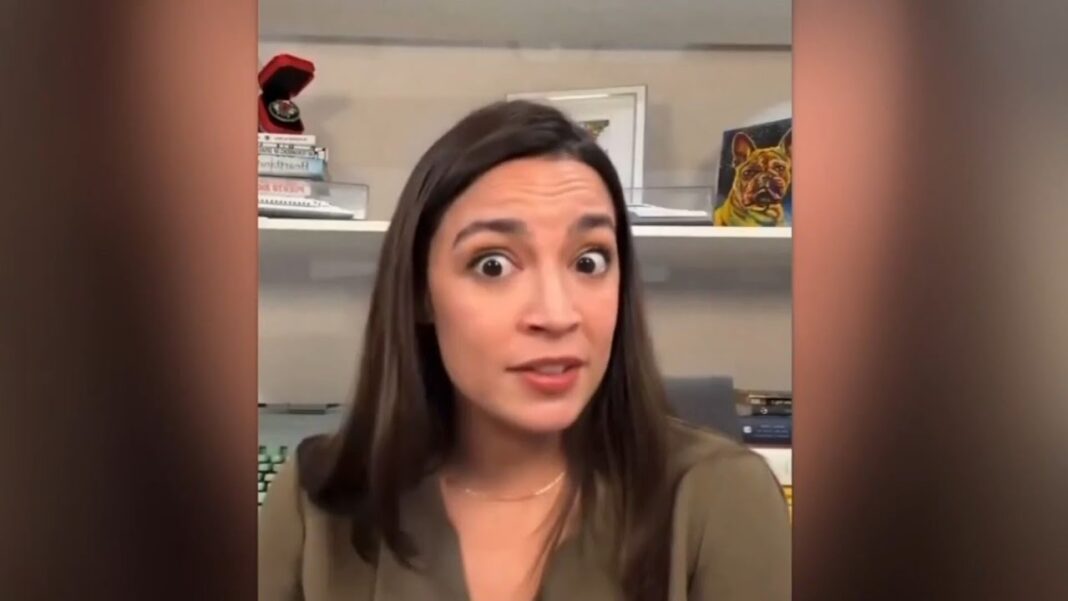Government lawyers agreed to a pause after union members sued over the access.
The federal government will, for now, restrict the Department of Government Efficiency’s (DOGE’s) access to Department of Treasury payment systems, government lawyers said in a Feb. 5 court filing.
“The Defendants will not provide access to any payment record or payment system of records maintained by or within the Bureau of the Fiscal Service,” they said in a proposed order they are asking a federal judge to enter.
Exceptions include several special government employees, whose access would be “read-only,” the lawyers said.
After Trump was sworn in January, Treasury Secretary Scott Bessent granted DOGE access to the Treasury Department’s payment system, through which the bulk of federal payments are made.
Lawmakers from the Democratic Party called for the access to be revoked, and a coalition of unions on Feb. 5 sued to block the access.
“At every step, DOGE is violating multiple laws, from constitutional limits on executive power, to laws protecting civil servants from arbitrary threats and adverse action, to crucial protections for government data collected and stored on hundreds of millions of Americans,” reads the lawsuit, filed in federal court in Washington.
In a motion for a temporary restraining order that would enjoin Treasury Department employees from disclosing information to DOGE and would require government officials to “retrieve and safeguard” information that has already been accessed by DOGE, lawyers for the unions said that an order was necessary to protect the privacy of union members until the case is resolved.
U.S. District Judge Colleen Kollar-Kotelly, who is overseeing the case, heard arguments for and against the motion during a hearing on Feb. 5. After hearing arguments, the judge sent the parties a proposed order that would defer ruling on the motion and order government officials “to take steps to preserve the status quo with respect to access to systems of records maintained by Defendant Bureau of the Fiscal Service,” which is part of the Treasury Department.
The parties each submitted proposed edits to the proposed order and then reconvened to discuss the competing proposals. There were lingering disputes, the judge said, requiring additional time to meet and confer.






